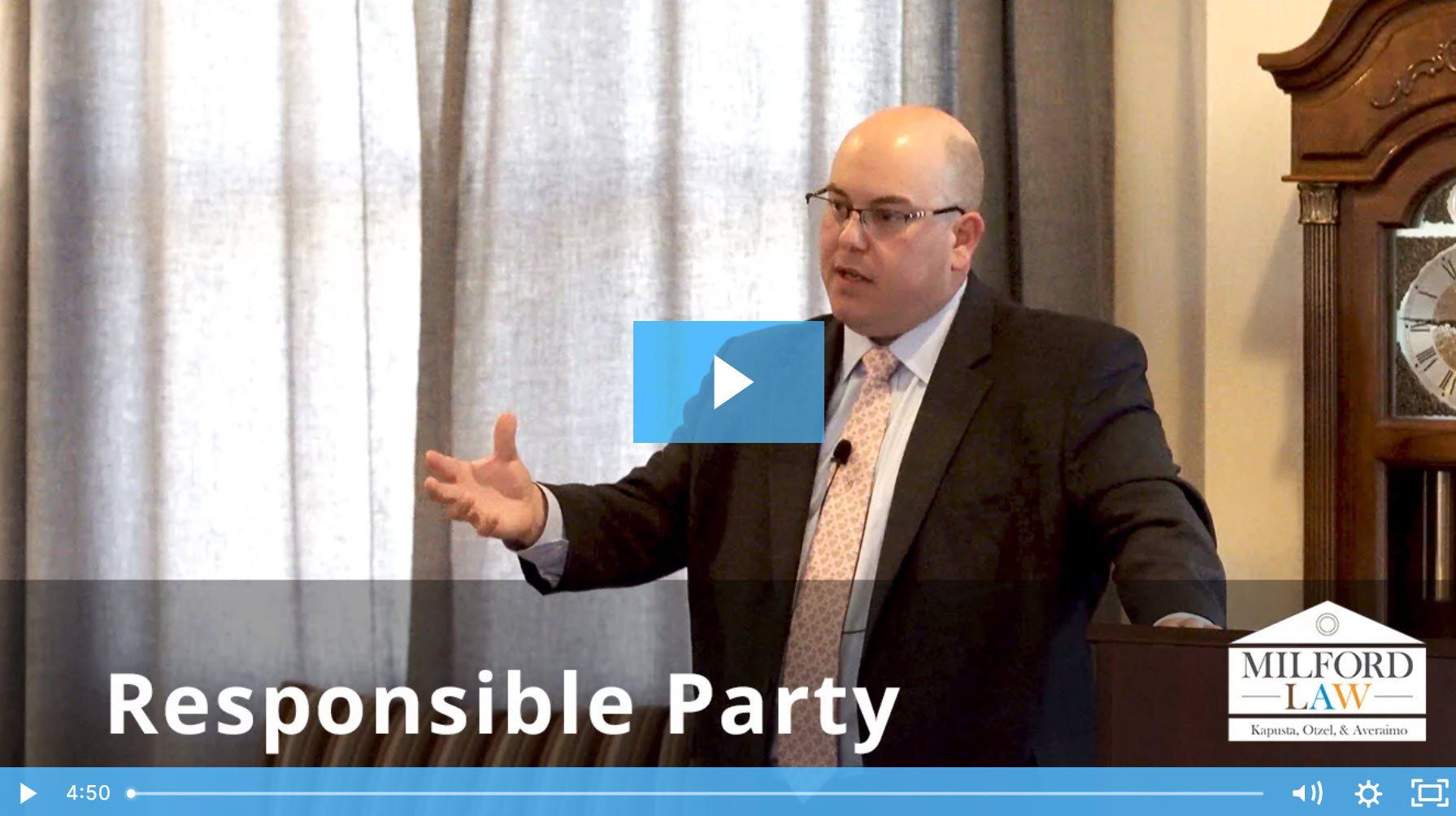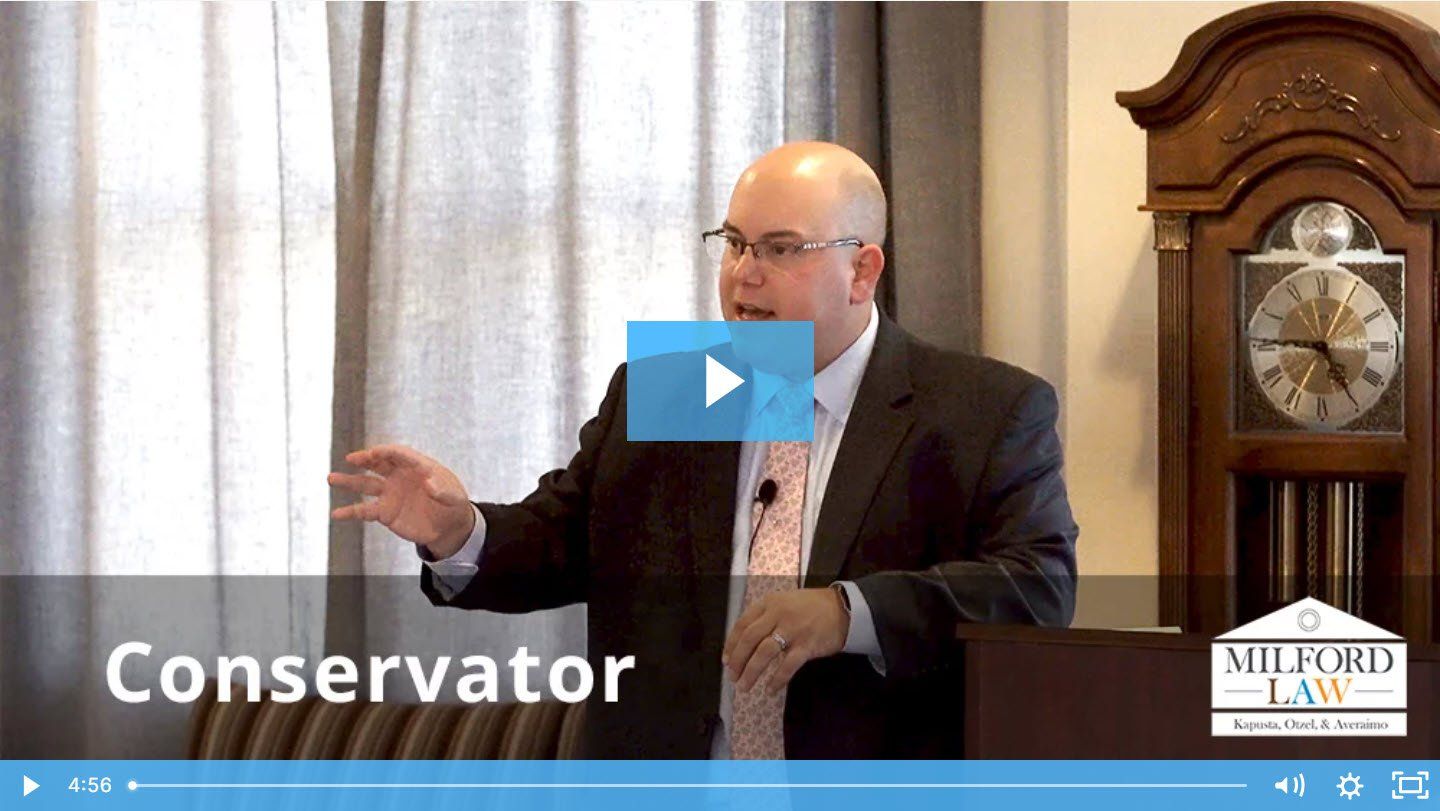To Layaway or Not to Layaway; that is the Question
You could end up paying for an item you never get, the store gets your money and sells the merchandise to another buyer.
With the holidays upon us, Layaway Contracts are very popular and have had their place in the retail world for decades. For the everyday shopper, a layaway program is a great program because it allows a shopper to set aside an item and pay for it a little at a time. With the economy being what it is, many use the layaway contract as a means to provide gifts for family, friends and loved ones throughout this Holiday Season. But is it safe?
Layaway is an agreement that many retailers use which require payments towards a particular item. They can be weekly payments or even monthly payments. The store will generally charge a fee in order to set the item aside into the “layaway program.”
In most instances, if you don’t make your payments under the Layaway Contract, you will lose all of the money you previously paid towards that item. This is due to the fact that the store will generally charge you a restocking fee which, not-surprisingly, will take up most, if not all of the payments a shopper had previously made.
Under those terms, you could pay for an item you never get, the store gets your money and still keeps the merchandise to sell to another buyer at retail. Sounds like a great deal for the retailer; not so much for the consumer.
This is not to say that all retailers have such one sided agreements, but it does once again show the need to review any type of agreement, whether a layaway contract or a contract to have work done on your home. The bottom line is you must carefully look over any type of agreement you sign. Better yet, have an attorney review it prior to signing same. In this digital age, many retailers, automobile dealers and legitimate vendors will provide access to the terms of their agreements online. Take a look!
Milford Law has drafted, reviewed and counseled thousands of clients in contract matters. If you have a matter you would like us to review, please contact us with this form or call at (203) 874-6773.
Milford Law Articles











